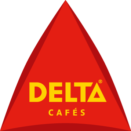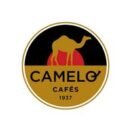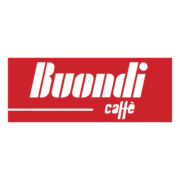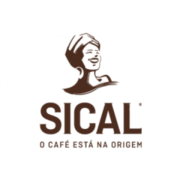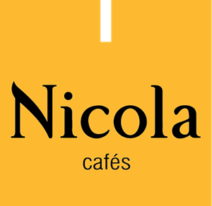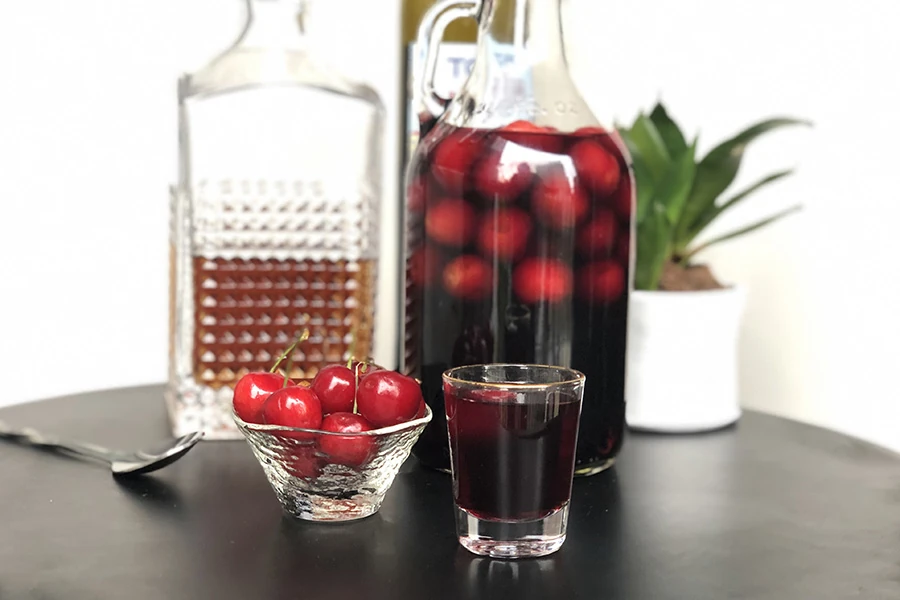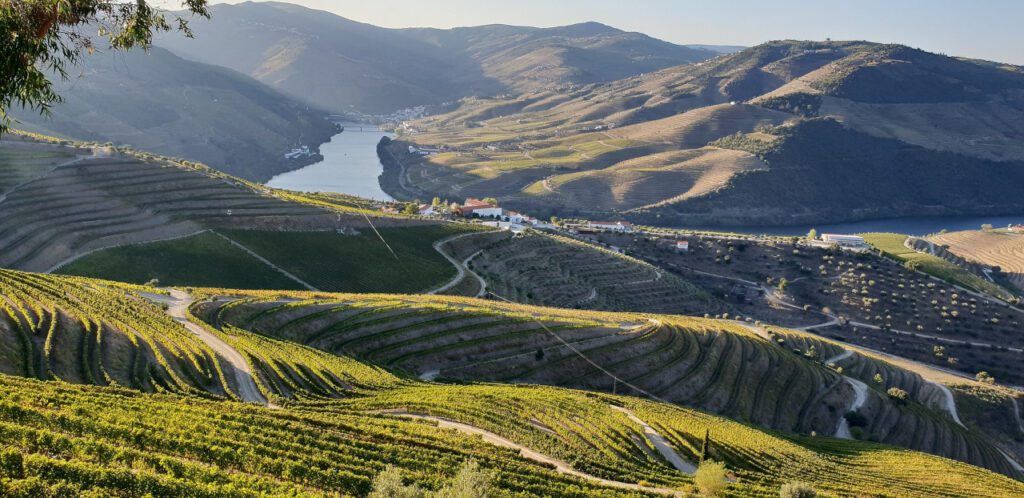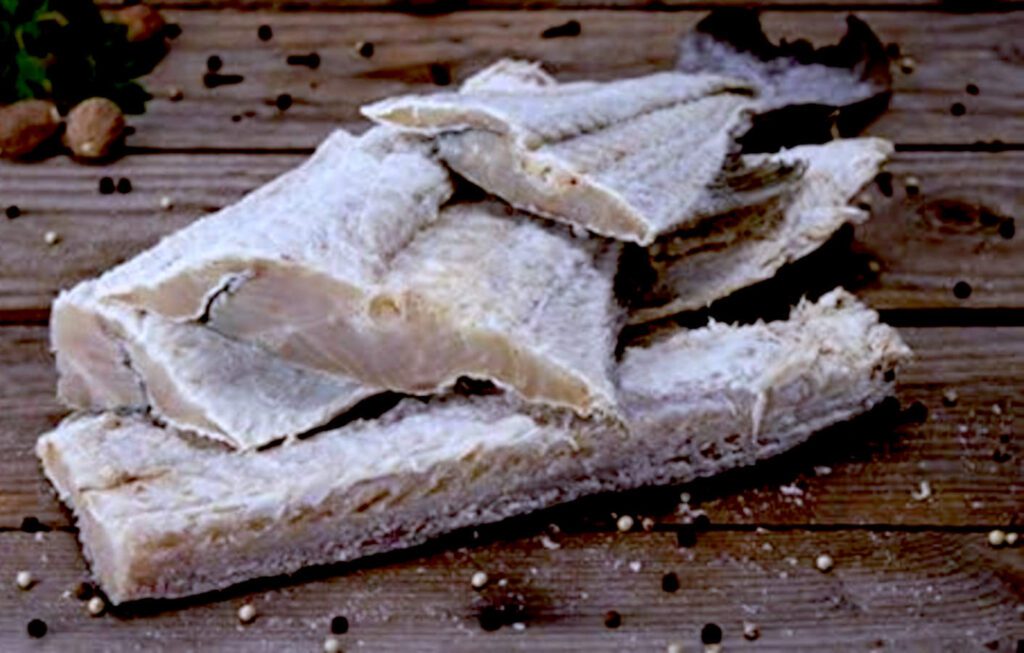Why do I have to discover the Portuguese coffee culture?
You say what? Portugal and a huge coffee culture?! Yes, indeed! Something that a lot of people not know is that Portugal has a big coffee culture and history. Maybe almost bigger than Italy. A Portuguese local always has the time for a coffee break. You see them taste a cup in a fast way on a kiosk, by a chat about the daily worries, more relaxed after a meal, by a tasty sweet pastry or perhaps without any reason and only to enjoy the moment.
keywords:
#coffee, #culture, #gastronomy, #bebida, #drink, #portuguese, #howtoorder
How to order a coffee in Portugal?
"You don't just order a coffee"
First things first. In Portugal, you not just order a “coffee”. But you ask the specific flavor you want. These are in the same way as the Italian variants. In the picture below you see how you order your favorite coffee in Portugal. All the names are in Portuguese. A list and a legend give you a better description of every kind of coffee.
Flavors
"What is your favorite flavor?"
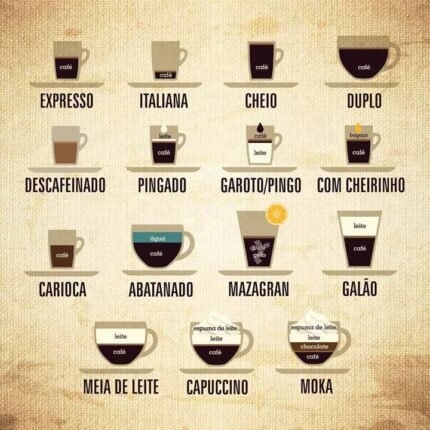
Legend
Café:
Coffee
Leite:
Milk
Espuma de leite:
Milk foam
Água:
Water
Gelo:
Ice
Expreso
"The basic coffee"
As in Italy, this is the basic coffee where all the others are based on. But, here you get 30ml in stead of 20-25ml. Even it also is a coffee made under high pressure with hot water (not cooking!). A Portuguese expresso is made under around 9-10 bar in stead of around 15 bar for the Italian espresso. This 9 bar is still the official working pressure to make an expresso/espresso coffee.
In most cases you get this coffee for a price between € 0,6 till € 1,2.
"Drink it with sugar"
Bica is a nice letter word. It stands for "Beba Isto Com Açucar". Or in English: "Drink this with Sugar". This is because most Portuguese drink it with a lot of sugar. There still are a lot of other meanings for this word. The one I love the most is :
"Beba Isto Com Amor" (Drink this with love).
Italiana
"Italian style"
Also known as the Ristretto. This is a cup of 20ml expresso coffee.
Cheio
"A cup full of coffee"
The same small cup as the expresso, but now the cup is completely full of expresso coffee.
Duplo
"2 expresso shots"
A double expresso coffee. This is not one shot of coffee. But it are 2 expresso shots in a bigger cup!
Descafinhado
"No caffeine"
An expresso coffee, but without caffeine.
Pingado
"A droplet of milk"
This is nice one. When you order this, you get a simple expresso, topped with a cloudy/droplet of milk.
Garoto
"A small reversed coffee"
The visa-versa of the Pingado: an expresso cup of milk with a droplet of expresso coffee.
Com Cheirinho
Carioca
"A 2nd cup of the same beans"
Now you'll get a 2nd shot of the same molded coffee beans of the 1st one. The result is a cup of lighter, watery and very weak coffee.
Abatanado
"The American style"
Better known as the Americano. This word is more used in the north of Portugal. You get a duplo coffee afterwards filled with hot water to fill the cup. So now, the high intensity of the expresso coffee is gone.
Mazagran
"African ice-coffee"
This coffee has his origin in Algeria. In the Portuguese version, the expresso is served in a glass with mint, rum, ice rocks and a piece of lemon. So, it is more an ice-coffee. Also other names of this coffee are Mazagrã or “cafe gelado”.
Galão
"A reversed coffee in a glass"
If you order this coffee and know to pronounce it very well, almost every Portuguese will like you. Uma Galão is an expresso coffee served in a glass, in stead of a ceramic cup. It is filled with ¾ of steamed milk.
Meia de leite
"Taste of a Galão in a cup"
This one is familiar to the galão, with that difference that the proportion of coffee and steamed milk is 1:1, where for a galão you
have 1/3 part coffee and ¾ steamed milk. This type of coffee is served in a ceramic cup and not a glass.
Capuccino
"An Italian variant"
Cappuccino is more an Italian coffee variant of the Meia de leite from above. Here, the Meia de Leite is topped with milk foam.
Moka
"Go all in"
Do you want to go all in? Than you have to order a moka. The waiter will bring you a wide cup of expresso coffee with chocolate milk, steamed milk and topped with milk foam.
"My favorite is to go basic"
From this whole list, my favorite is the basic expresso. A short and strong coffee you can drink any time. In the morning, I also sometimes go for the Galão. And you, what is your favorite?
In Portugal, most locals don't order anymore a coffee variant with milk after the noon. Because, these are a little bit heavier on the stomach.
A different taste
"Why is Portuguese coffee so unique?"
The coffee beans
A big remark that I want to share with you is that the taste of a Portuguese coffee is totally different than it’s Italian version. The main difference for this are the used basic products: the beans!
"Brazilian as a basis"
The best Portuguese coffees are a blend of Brazilian and Arabic beans. A long time, during the isolation period under Salazar, Portugal sourced his products out of his colonies. So, it also was for the coffee beans, that were almost only the Brazilian Robusta beans.
"Slow roasted"
A second important difference between a Portuguese and Italian coffee is that the beans are slowly roasted at low temperatures, in stead of high temperatures for the Italian coffee beans.
The coffee itself
"Higher pressure"
And last but not least, the Portuguese coffee is brewed with a higher water pressure to produce an amazing typical Portuguese coffee, that is so unique and tasty.
"More in your coffee cup"
Finally, maybe the most important difference is that for a Portuguese expresso (café/bica/cimbalino/cafezinho) you get 30ml in stead of around 20ml for its Italian variant.
What are the Portuguese most popular coffee brands?
Select a Portuguese coffee brand
Which are the Portuguese coffee brands? Well below we discover some famous together.
Grupo Nabeiro
One of the most famous brand is Delta Cafés, which is part of the Grupo Nabeiro. Also Camelo is part of this group.
Nestlé coffee
Torrié
The last most famous coffee brand in this list is Torrié. It's origin is from the Porto district. Torrié is a younger brand in this list. They saw the light in the 1980s. But it is a very popular brand and well known for their coffee capsules.
History
"How did the coffee culture started?"
Now we bring you a little bit history of the coffee culture in Portugal.
"It all started in Brazil"
In Portugal the habit of drinking coffee is introduced from Brazil, and was artisanal coffee-making. Of course these days, they also use machines to brew the coffee. The best machines are from Italian brands, even in Portugal. But, the best are adapted to the Portuguese temperature and water-pressure norms. So, they are very exclusively.
"They don't liked the smell at home"
In historical times, the folks don’t liked a lot the smell of coffee in their houses. So perhaps, this was a big reason why Portugal has a big culture to drink coffee on the go with a sweet cake. Now, consumption of fine coffee at home and at office is increasing. But this doesn't mean that they stopped drinking their coffee on the go.
"Discoveries as a hand in the introduction of coffee or not?"
Most historical works about the history of coffee say that it should be introduced from Asia to Persia, and so on by the Turks to the Arabic world and finally Europe in the 16th - 17th century.
But nobody talks about the fact that the Portuguese navigators already discovered India and Brazil in the late 15th century. On these sea routes, they also discovered some African countries. Also places that are now known as Ethiopia and Yemen. These are assumed as the first places in the world where they drink coffee.
The Portuguese main goal was to trade and monopolize their traded products, not colonization. So they brought a lot of products to the home country to trade in Portugal and Europe. Perhaps, there may be a possibility of a link between the Portuguese discoveries and the introduction of coffee in (some parts of) Europe in the 16th century... Maybe not...
Read More
"Selected for you"
You want to read more and get noticed about the posts ideal for you. Subscribe to our newsletter. This is the ideal way to stay tuned about all our posts and videos in the spotlight and selected for you.
The content of this page is copyright of Lindo Portugal.
© 2022 lindoportugal.eu
With media content of Galeria Sámuel.

